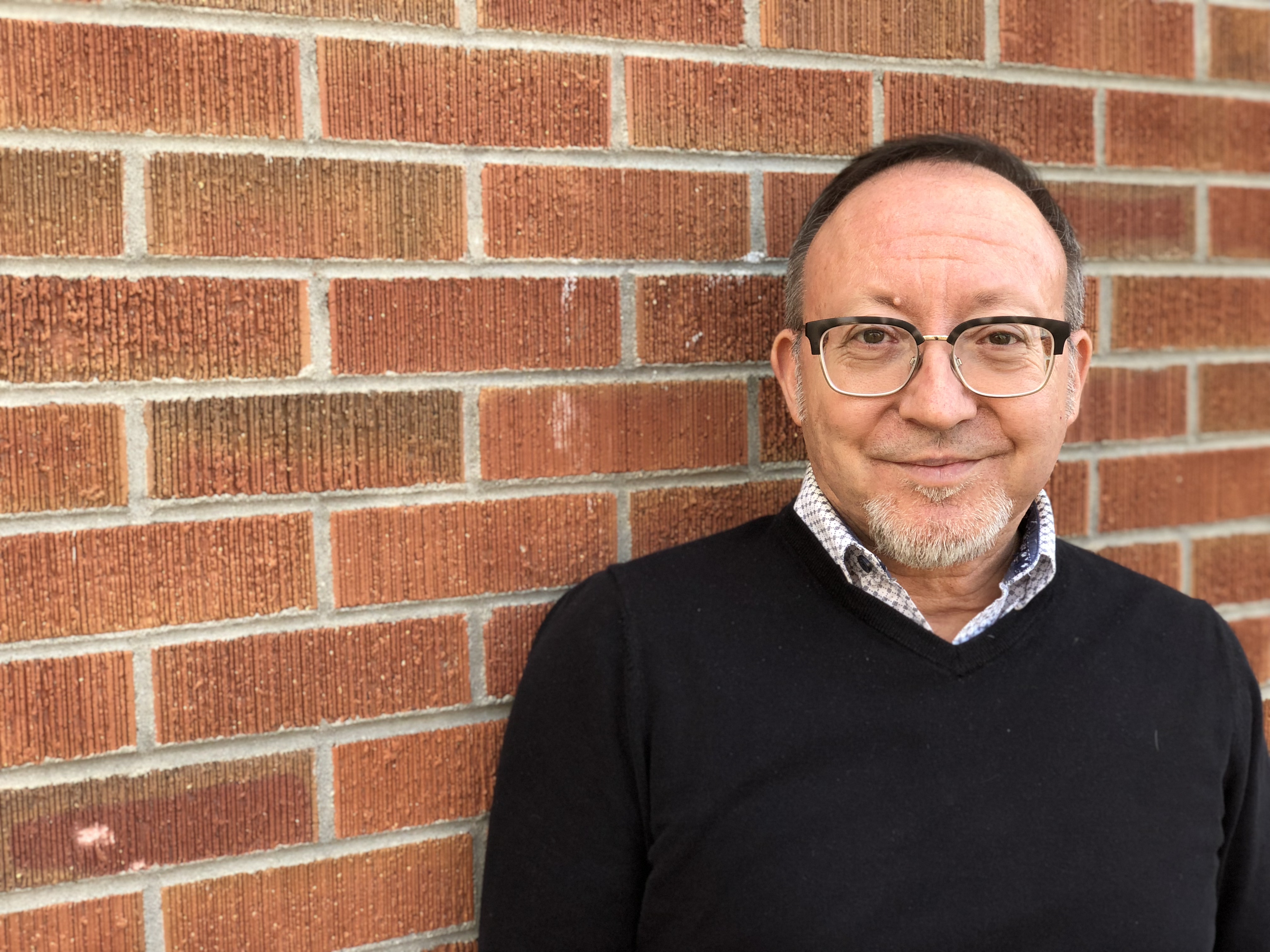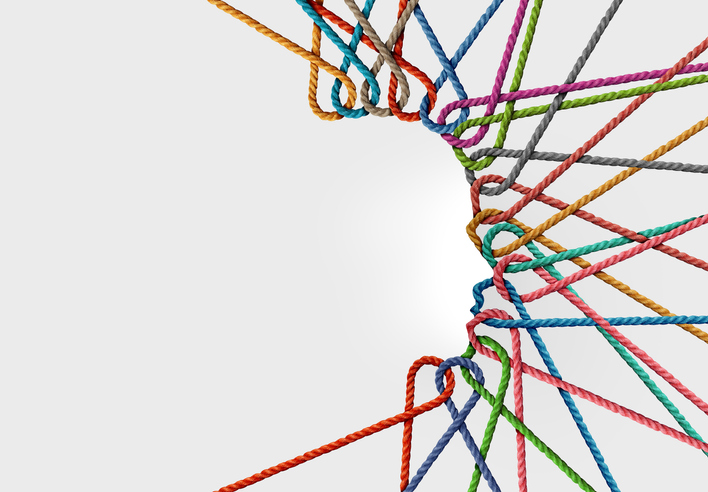“How can you draw close to God when you are far from your own self? Grant Lord, that I may know myself that I may know Thee?”–St. Augustine
Jesus to the Rescue
In a previous blog, we discussed when Isaiah refers to “binding up the brokenhearted” in chapter 61. “Brokenhearted” is translated as leb shabar in Hebrew. The deeper interpretation means that something at the core of who you are has been “broken into pieces” or shattered like a piece of pottery. Often at Where Grace Abounds, I have shared my own experiences growing up that left my heart feeling blown to bits. The results were I was living out a false story. One telling me I was not worthy of love, time, care or attention. For those of us who have been living out a false narrative about ourselves, thank God it’s not the final verdict.
Jesus comes to the rescue. In Luke, chapter 4, He has just finished His battle with Satan for 40 days in the desert. He’s in his hometown of Nazareth on the Sabbath and is doing the reading at the synagogue. The scroll of Isaiah is handed to Him and Jesus reads aloud the same portion of Isaiah 61 about proclaiming good news to the poor, freedom for the prisoners and sight for the blind. Then to everyone’s astonishment He says, “Today this scripture is fulfilled in your hearing.”
So this passage in Isaiah is more than comforting God’s people during their predicted captivity in Babylon. Jesus as God’s anointed Messiah is doing an all-encompassing work of healing; restoration and salvation for all those who desperately need Him. The good news of the gospel has come.
Redemptive Vision—Reframing the Shame
A friend of mine once coined a phrase—“redemptive vision”. I like this term when it comes to healing these broken areas within each of us. What exactly is it in us that God would like to transform? How does God “bind up the brokenhearted”? How does God begin to piece us back together again? Can we get a redemptive vision of the person God is creating us to be? What might be some steps cooperating with God in movements towards healing from the shameful visions we have of ourselves?
Movements Towards Wholeness Inventory
Loving ourselves well has many facets. Identity development, or simply becoming the person God is creating you to be is a lifelong journey. We care well for ourselves if we rely less on our coping mechanisms, honor and manage our emotions well and feel more at home in our physical bodies. Look through the inventory below. Is there a category that resonates with you? Or 2 or 3 items which God might have you prayerfully press into this season?
Identity Development:
How have I been “getting to know” myself lately?
What brings me enjoyment/rest/refreshment?
How have I been exploring the different facets of my personality?
Am I utilizing my gifts and talents?
Am I exploring new gifts and talents?
Do I have a sense of “vocation” or “calling” on my life?
What do I feel passionate about?
Self-Care/Coping Mechanisms
In what ways am I relying less on my coping mechanisms and caring for myself?
How am I caring for my physical, emotional, intellectual and spiritual needs?
How am I managing stress in my life (road rage, anger, anxiety or depression)?
How am I incorporating “play” into my life these days?
Healthy Belief System (in line with reality)
Are the false beliefs I have affecting my relationships?
What beliefs have I been challenging lately?—how are they aligning with God’s reality?
What false beliefs do I have about God, men, woman, relationships and myself?
Rather than living in denial or trying to escape reality, in what ways have I been “facing into” truth?
Awareness, Managing and Honoring My Emotions
Rather than discounting or repressing my emotions, how have I been “honoring” them or expressing them with close trusted friends?
How have I been managing my emotions lately?
Do I handle my emotions in a mature way?
I struggle expressing anger or sadness.
Comfortable with who I am as a Man or Woman
Rather than just settling for our cultures reliance on gender roles and stereotypes, how am I exploring what it means to be Man or Woman of God? (What does that even mean to me?)
Do I feel comfortable and confident in my masculinity/femininity?
How comfortable am I living in my body these days?
Love of Self into Love for Others
In Matthew 22:37-40, Jesus replies to the question of which is the greatest commandment in the law. He states “Love the Lord your God with all your heart and with all your soul and with all your mind. This is the first and greatest commandment. And the second is like it: ‘Love your neighbor as was yourself. All the Law and the Prophets hang on these two commandments.”
Loving God, ourselves and others seem interconnected and contingent upon each other. Our above quote from Augustine says I can draw nearer to the God who created me, as I know myself more and more. The real version of myself and not the false narrative. It would also seem if I know and care for myself well—I might come out of my little personal kingdom and want to know and care for others well. What might be some ways I might love others while caring for myself? We’ll explore this in my next blog.
“But it is only after a reasonable sense of identity has been established that real intimacy with… any other person…is possible…. The youth who is not sure of his [or her] identity shies away from interpersonal intimacy,…[and] may…isolate himself and find, at best, highly stereotyped and formal interpersonal relations (formal in the sense of lacking in spontaneity, warmth, and real exchange of fellowship); but the surer he becomes of himself, the more he seeks [intimacy] in the form of friendship…leadership, love and inspiration” (Erik Erikson, Identity and the Life Cycle, p. 101).

Scott Kingry
Program Director
Although he holds a degree in graphic arts, he attributes his ministry qualifications to the “school of hard knocks.” God’s abundant grace continues to be the instrument of growth in his life, and he desires to be firmly grounded in the forgiveness and freedom of relationship with Jesus Christ.
Scott attends a Presbyterian Church.
Make a Difference in Someone's Life
If you enjoy reading WGA’s blogs and would like to show your support, please consider making a donation. Where Grace Abounds is a 501(c)3 non-profit organization. The majority of services, including support groups and discipleship counseling, are provided free of charge. Your financial gifts help to cover the costs associated with offering a free program to those who seek WGA’s services.

